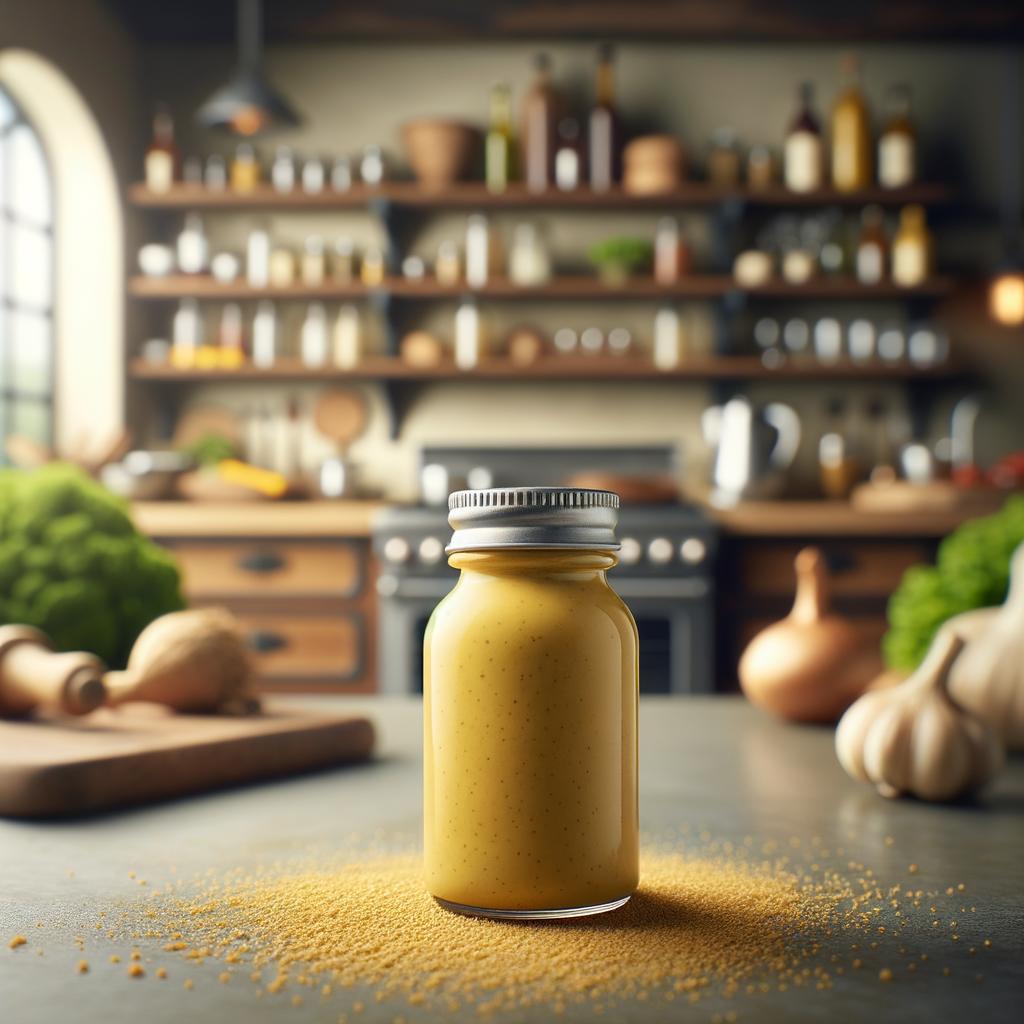Mustard

Description
Mustard, a beloved condiment known worldwide, comes from the tiny seeds of the mustard plant, a member of the Brassica family. Its appearance can vary depending on its preparation, ranging from finely ground powders to coarse, textured whole-grain mustards. The color palette of mustard spans from vibrant yellows to deep, earthy browns. As for its flavor profile, mustard is famously pungent and robust, with a heat that can be delightfully sharp and a complexity that can be both sweet and bitter. What sets mustard apart from other condiments is its versatility. It can be mild and sweet or fiery and strong, depending on the type of mustard seeds used and the preparation method.
Primary Uses
Mustard is a culinary chameleon, able to adapt to a variety of dishes across many cuisines. It's a key component in countless recipes, from the humble mustard and ham sandwich to the sophisticated Dijon mustard sauce in French cuisine. Mustard seeds are also used in Indian cooking for tempering dishes, and whole grain mustards are a common accompaniment to meats in German cuisine. Beyond the culinary realm, mustard has been used medicinally for its anti-inflammatory properties and even culturally as a symbol of good luck in some parts of the world.
History
The history of mustard is as rich and varied as its flavor. It's believed to have originated in the Mediterranean region over 5,000 years ago, with seeds found in Egyptian tombs and references in ancient Greek writings. The Romans were known to have ground mustard seeds and mixed them with wine to create a paste, a precursor to the mustard condiment we know today. In the Middle Ages, mustard was one of the few spices that were affordable to the common people, and it became a popular flavoring in European cuisines. The city of Dijon in France has been a hub for mustard making since the 13th century, and the term "Dijon Mustard" is now synonymous with high-quality mustard. Over time, as trade routes expanded, mustard made its way around the globe, evolving with each culture it touched.
Nutritional Information
Mustard is more than just a tasty condiment; it's also packed with nutritional benefits. Mustard seeds are an excellent source of selenium, a mineral with powerful antioxidant properties, and magnesium, which is essential for bone health. They're also rich in omega-3 fatty acids and have a good amount of fiber. The heat in mustard comes from compounds called isothiocyanates, which have been studied for their potential cancer-fighting properties. Compared to other condiments like mayonnaise or ketchup, mustard is low in calories and fat, making it a healthier choice. As with any food, though, it's important to enjoy mustard in moderation due to its high sodium content.

